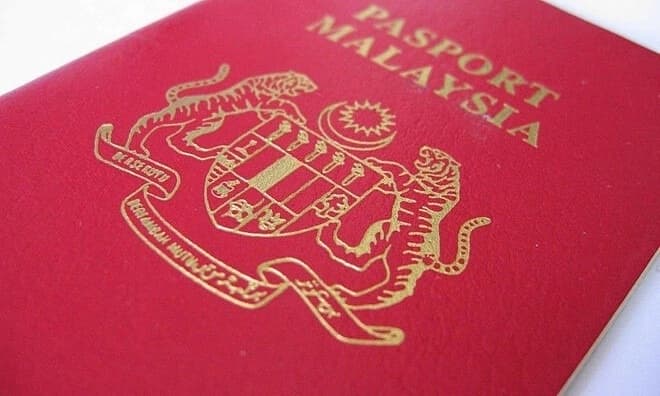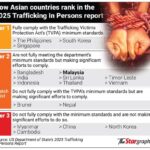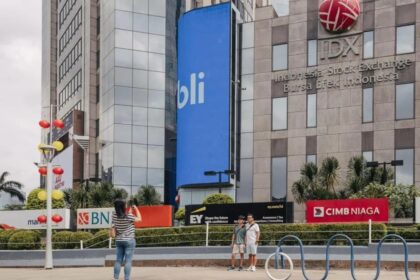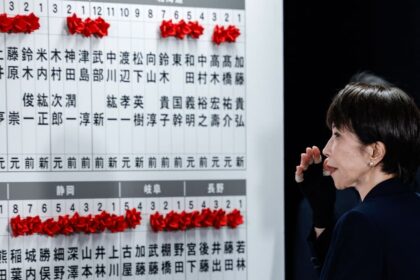How Malaysia joined the passport power elite
Malaysia has entered the top tier of global travel freedom, climbing to third place in the 2025 Passport Index compiled by Arton Capital. The Malaysian travel document now offers visa free or visa on arrival access to 174 destinations, a score that places it alongside several advanced European economies and South Korea. The new standing puts Malaysia ahead of the United States in this ranking, a symbolic milestone that lit up social feeds with pride and surprise in Kuala Lumpur and beyond.
In Arton’s real time Passport Index for 2025, the United Arab Emirates holds first place with access to 179 destinations. Singapore and Spain sit in second place. Malaysia shares third place with a group that includes Belgium, France, Germany, the Netherlands, Finland, Luxembourg, Italy, Denmark, Portugal, Switzerland, Greece, Austria, Norway, Ireland, and South Korea. The US appears lower in this list, currently ninth with access to 168 destinations. At the other end, countries affected by conflict and instability, such as Afghanistan, Syria, Iraq, and Somalia, face the most limited mobility.
The Passport Index measures the breadth of destinations a passport holder can enter without obtaining a traditional pre travel visa. It assigns credit for visa free entry, visa on arrival, electronic travel authorizations, and in Arton’s methodology, short turnaround eVisas issued within three days. The higher the number of destinations accessible without a pre arranged visa, the stronger the passport’s score and position.
What changed in 2025
Malaysia’s ascent is steep. Only recently, its passport hovered around the edge of the top ten, and many Malaysians remembered a tie with the US at 11th not long ago. The latest leap to third reflects a combination of bilateral arrangements and a global shift in how countries manage short stay visitors. It also signals widespread trust in Malaysia’s document security and border management, factors that influence governments when they decide who can enter without a prior visa.
The news drew enthusiastic responses across Malaysian social media. Users celebrated the convenience of easier trips for tourism, study, and business. Many joked about flashing their passports with extra confidence at immigration counters. Others voiced practical reminders, urging travelers to safeguard documents while abroad and to remain cautious in crowded transport hubs and transit points where theft can occur.
Not every reaction centered on pride. Some Malaysians pointed out that while access has widened on paper, the cost of travel still limits many families. Airfare, accommodation, and currency exchange rates shape how often people can use new travel privileges. That tension between the prestige of a strong passport and the budget realities of travel surfaced in the public conversation following the ranking.
Passport rankings do not all agree
There is more than one reputable passport ranking, and they use different rules. The Henley Passport Index, a long running benchmark built on International Air Transport Association data, currently places Singapore first with access to 193 destinations. In Henley’s latest results, Malaysia and the United States are tied at 12th with access to 180 destinations each. That is a very different picture from Arton’s table, where Malaysia rises to third and the US slips to ninth.
Why the gap? Methodology. Henley focuses on destinations that are visa free or permit visa on arrival. It does not give the same credit for electronic visas that must be obtained before departure. Arton’s Passport Index counts visa free, visa on arrival, electronic travel authorizations, and short turnaround eVisas in its mobility score. When countries expand eVisa access that can be completed quickly online, Arton’s score tends to rise faster. When countries tighten visa policies but keep visa on arrival intact, Henley’s score may remain steadier.
These differences do not mean one index is right and the other is wrong. Each captures a different traveler experience. Arton’s approach reflects the growing reality of digital pre travel clearances that can be secured in hours or days. Henley’s approach isolates the simplest forms of access, those that require little to no paperwork before departure. For citizens and policymakers, it helps to view both and understand what each includes.
What the ranking means for Malaysian travelers
For Malaysians, a third place finish in Arton’s ranking means easier planning for many short trips. Travelers can reach more places with fewer upfront steps, which lowers friction for tourism, family visits, academic exchanges, and business scouting. Airlines and travel agents often notice this shift, tailoring more routes and packages once passenger flows rise.
Visa free or visa on arrival access does not guarantee entry at the border. Travelers still need to meet entry rules, which vary by country. Those often include proof of funds, a return or onward ticket, accommodation details, and compliance with length of stay limits. Always check the latest official information for your destination before buying tickets.
- Carry a passport with adequate validity, often at least six months beyond your trip dates.
- Confirm whether your destination requires an eVisa or an electronic travel authorization before departure.
- Keep digital and paper copies of your passport photo page and travel insurance.
- Plan for proof of funds and a return or onward ticket, which many border officers request.
- Respect local laws and customs to protect your eligibility for future visa free travel.
Security and design behind Malaysia’s passport
Officials credit document integrity as a key factor in Malaysia’s rise. Over the past several years, authorities have strengthened passport materials, biometric capture, and back end systems that help detect tampering or misuse. Malaysia’s passport also features visual elements that are difficult to counterfeit, including images that appear under ultraviolet light.
The Immigration Department of Malaysia highlighted the connection between security and trust in a public statement acknowledging the new ranking. The department framed the strong position as the outcome of years of work to modernize the travel document and maintain dependable border checks.
Introducing the department’s view, the Immigration Department of Malaysia said the ranking reflects the international confidence built around the document’s safeguards. The department summed up the moment in a short message:












